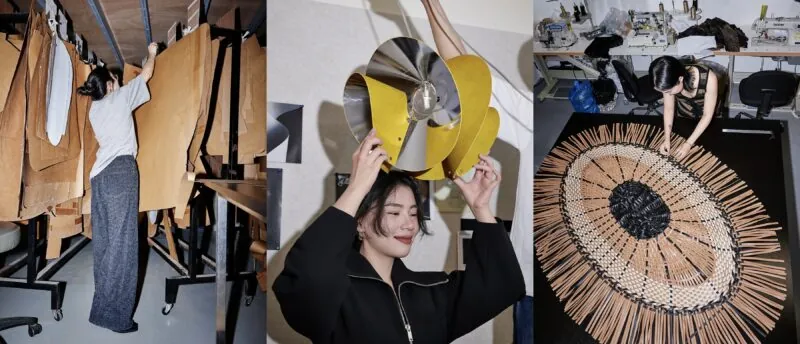One of the keywords this past 618 Shopping Festival was “refund only”, as it was the first major sales event since the policy was introduced to many e-commerce platforms late last year and early this year. Now we see the platforms U-turning on the policy where merchants don’t get the refunded items back.
This is because during the sales festival, the “refund only” policy, originally aimed to improve service, became a way for unscrupulous users to get “free stuff” or “薅羊毛” (lit. pull the wool but means taking advantage of people). There are even “tutorials” available online to teach you how to make money by exploiting “refund only” for 30 RMB (4.14 USD) a pop. This has not only fostered many a ‘Hot Search” on Weibo, China’s Twitter-like platform, but also stories of merchants driving hundreds of kilometres just to get their merchandise back.
With the refund rate for beauty merchants nearing 30% and womenswear as high as 80%, for some sellers after 618, many decry the policy is killing the shops. The topic “20 thousand merchants unite to fight no-fault refund only” (#2万名卖家组团硬刚无理由仅退款#) reached number 10 on Weibo’s Hot Search list with 16.87 million views. The policy is now phasing out or being amended on many platforms. Taobao has added a clause so if the merchant’s review score is higher than 4.8 out of 5, it will no longer need to offer “refund only”. In fact, similar tactics have already been explored by Douyin, TikTok’s Chinese sister app, where only merchants with lower than 70% positive reviews need to offer “refund only”.
After 618, platforms such as Taobao, Tmall and Douyin have started to readjust their strategies to move away from simple “low prices” to increase GMV. Meanwhile, Taobao is introducing a new score system to improve merchant service, as well as updating the refund complaint process. The earlier one-size-fits-all approach has proven ineffective. Hopefully, the updated policy can benefit both consumers and merchants.









